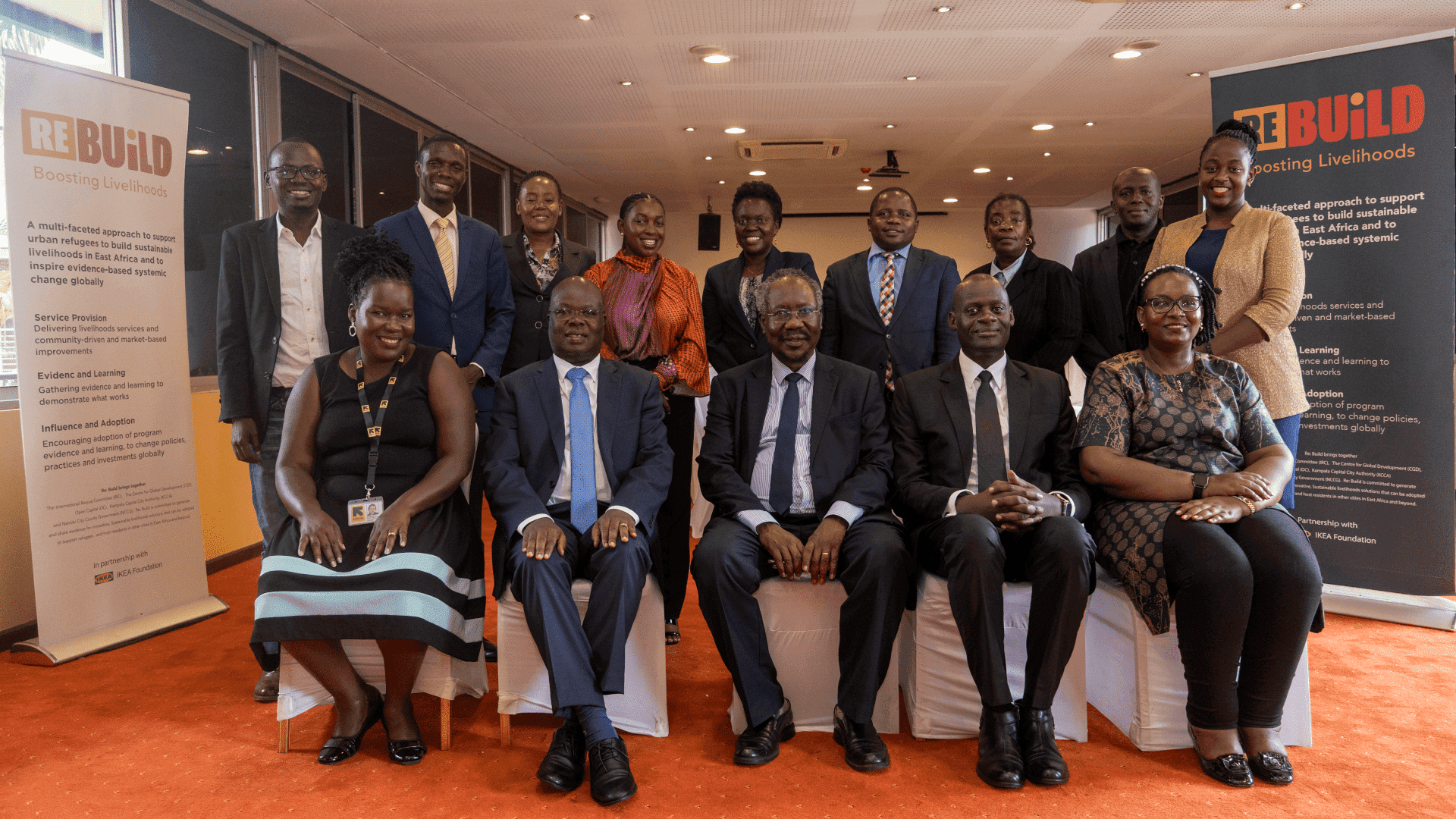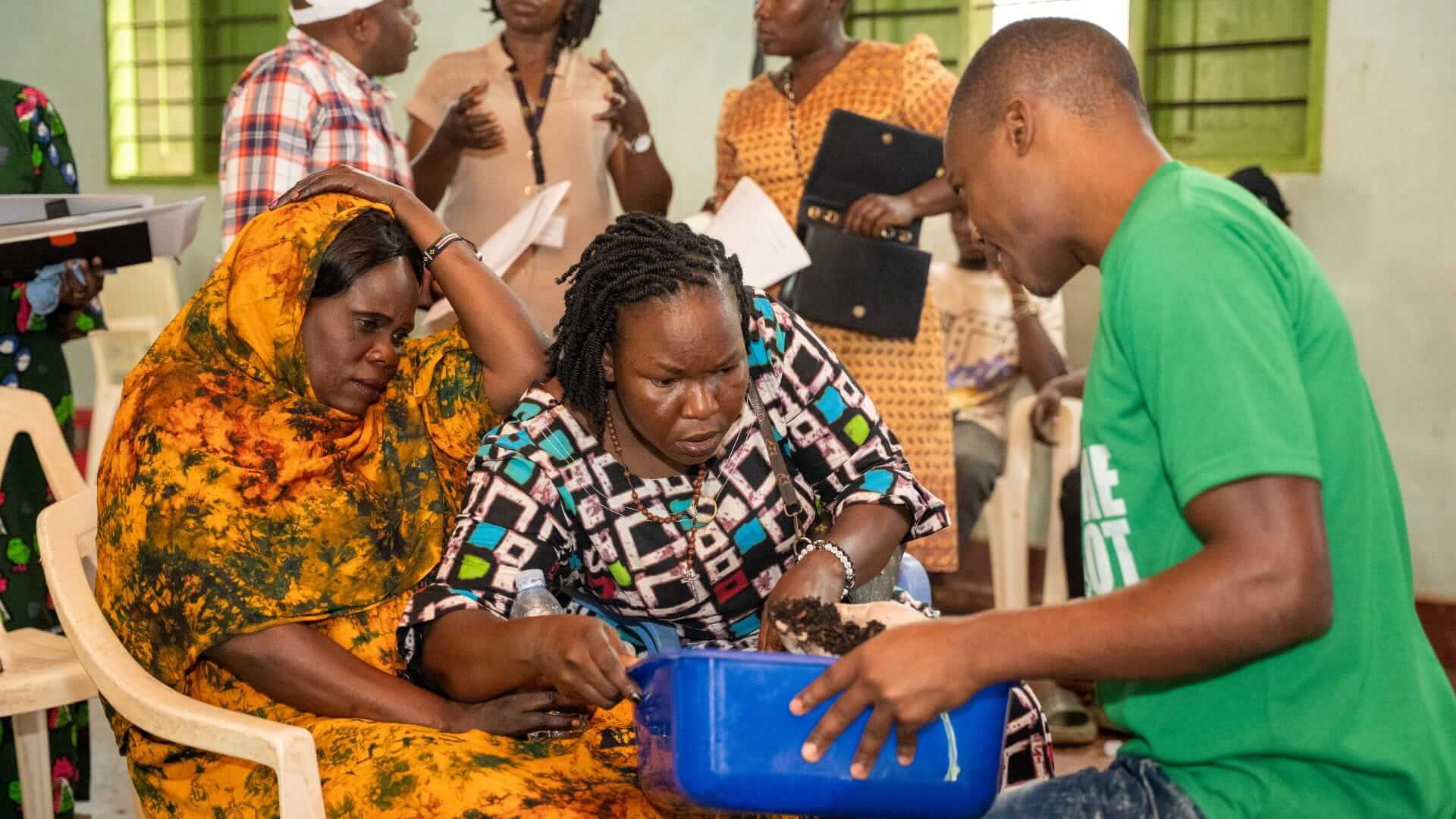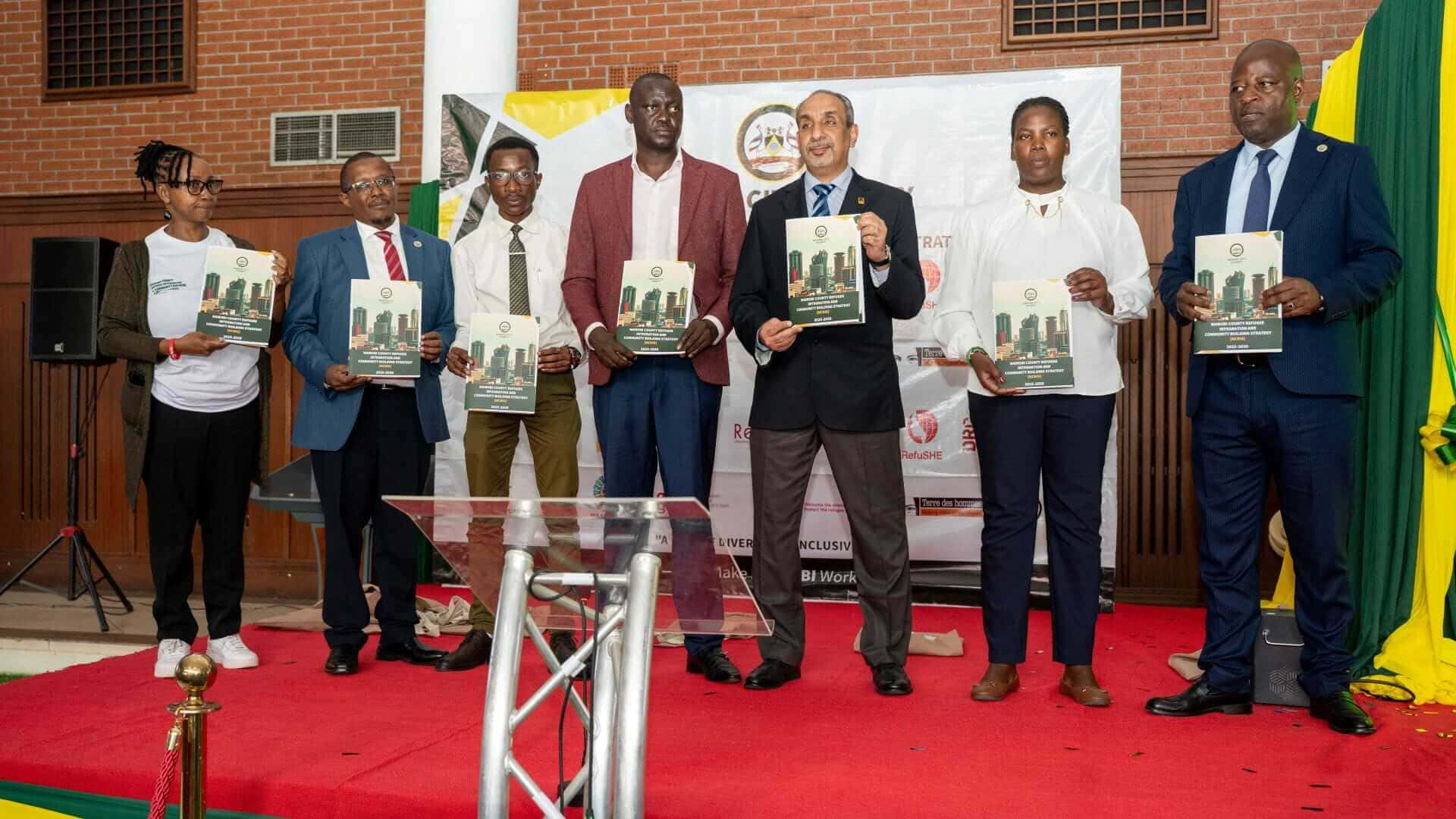IRC, the Judiciary of Uganda launch groundbreaking handbook to improve refugees’ access to justice
IRC, the Judiciary of Uganda launch groundbreaking handbook to improve refugees’ access to justice
IRC, the Judiciary of Uganda launch groundbreaking handbook to improve refugees’ access to justice

Kampala, Uganda, October 13, 2023, The Judiciary of the Republic of Uganda in partnership with the International Rescue Committee (IRC) has launched a handbook on refugee rights and policies to serve as a reference point for actors in the justice sector and is poised to unlock barriers in access to justice for refugees and asylum seekers.
As Uganda, marks its 61st independence this month, the East African country continues to be commended around the world for its progressive refugee policies. Host to more than 1.5 million refugees with over 117,000 living in urban areas including the capital Kampala, Uganda is home to the largest number of refugees in Africa. The country has managed to translate much of the international regulatory frameworks into domestic legislation specifically through the Refugees’ Act, 2006 and the Refugees Regulations, 2010.
Key issues unearthed in various engagements with refugees and justice actors include the knowledge deficiency among the justice actors such as judicial and police officers on refugee policies, laws, and practices. This realization subsequently led to the development of the Handbook on Refugee Access to Justice which documents challenges refugees face in accessing justice; highlights key laws and policies related to refugees and asylum seekers; and also proposes a pathway for refugees seeking justice through justice and law institutions and structures.
Elijah Okeyo, the IRC Country Director said:
“This handbook is a novel achievement that will be a reference for all actors, especially justice and law institutions who play a distinct role in ensuring refugees’ access to justice. It will be a one-stop resource for relevant refugee international, regional, and national policy framework references, language when dealing with refugee issues, stakeholder roles and a breakdown of refugee rights and obligations among other aspects. It is such a fundamental resource document that will bridge an information and service gap but also ease the work and processes in the justice sector ultimately accelerating refugees’ access to justice.”
The development and launch of this unparalleled handbook was spearheaded by the Judiciary of the Republic of Uganda in partnership with the OPM- Department of Refugees and the IRC’s Refugees in East Africa: Boosting Urban Innvoations for Livelihoods Development (Re:BUiLD) program which seeks to support 20,000 urban refugees in Kampala and Nairobi. In partnership with the IKEA Foundation, Re:Build brings together the IRC, the Centre for Global Development (CGD), Open Capital (OCA), Kampala Capital City Authority (KCCA) and the Nairobi City County Government. Re:BUiLD is committed to generate and share evidence for innovative, sustainable livelihoods solutions that can be adopted to support refugees and host residents in other cities in East Africa and beyond.
Hon. Justice Christopher Madrama Izama, a Justice of the Supreme Court in Uganda makes his remarks during the launch of the handbook on refugees access to justice
ABOUT THE IRC:
The International Rescue Committee (IRC) began programming in Uganda in 1998 in response to mass displacement by the Lord's Resistance Army in the northern part of the country. Since then, the IRC has expanded to provide critical services for refugees and vulnerable Ugandans throughout the country. The IRC started supporting refugees and vulnerable individuals in Kampala city in 2012 serving urban refugees and was one of the first organizations to respond in 2016 at the onset of the South Sudanese refugee crisis. In 2019, the IRC entered the Tooro region to support Congolese refugees while also providing epidemic preparedness and response services throughout the region. In addition to emergency support, the IRC also invests in long-term stability for refugees and Ugandans through programs like immunization, family planning, legal services, women's empowerment, education, and livelihoods.
Globally, the IRC responds to the world’s worst humanitarian crises, helping to restore health, safety, education, economic well-being, and power to people devastated by conflict and disaster. Founded in 1933 at the call of Albert Einstein, the IRC works in more than 40 countries and in 28 U.S. cities helping people to survive, reclaim control of their future, and strengthen their communities. Learn more at www.rescue.org and follow the IRC on Twitter & Facebook.

